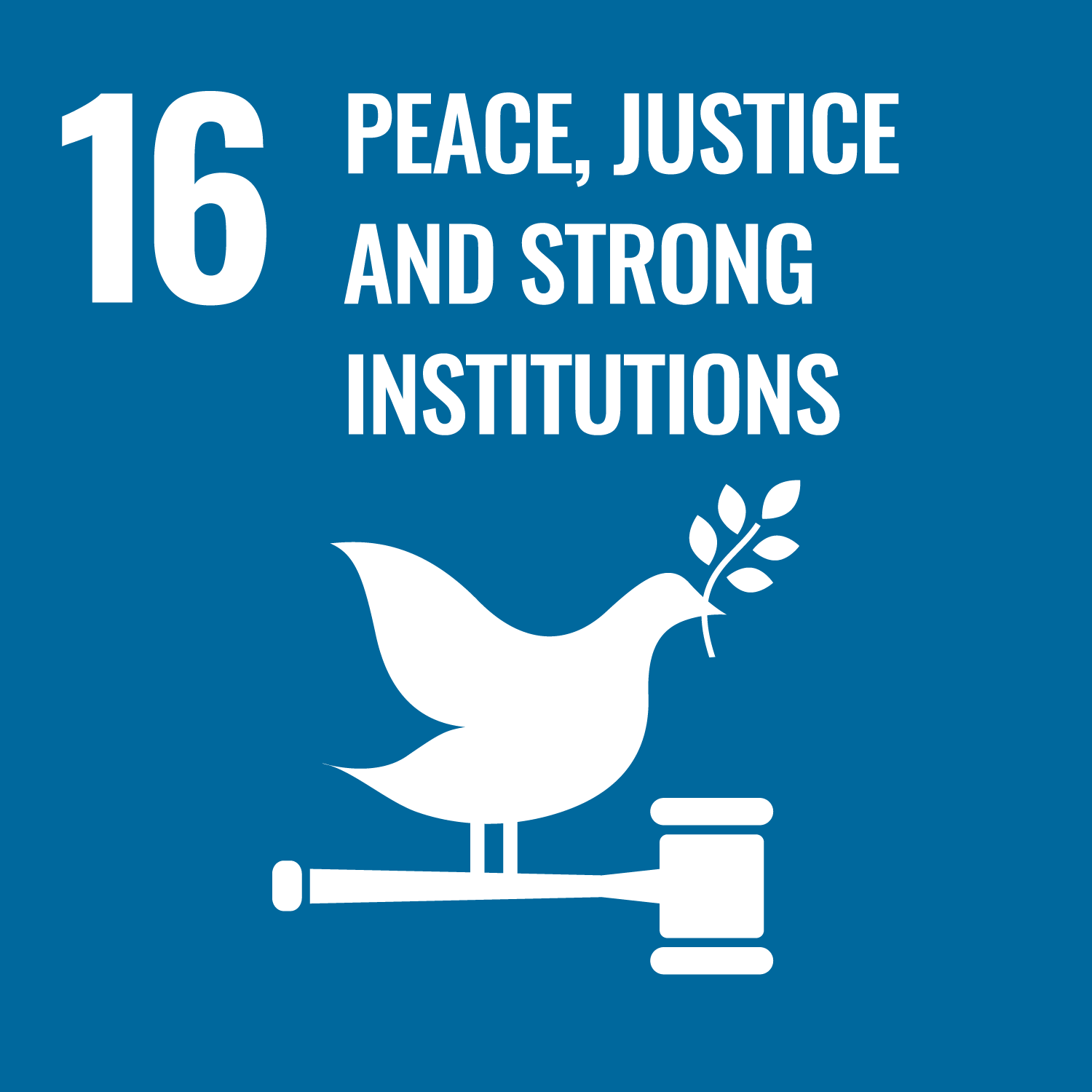This 29-page report highlights the significant gaps in knowledge concerning the inclusion of LGBTI people in development and human rights initiatives and identifies the research and data collection needed to address this issue. The report also outlines the strategic investments required to undertake the stated research priorities.
The report opens by explaining the importance of investing in the creation of research and data collection infrastructure as they are critical for the implementation of the Sustainable Development Goals (SDGs) which focus on measurable outcomes. It is explained that increased data would provide a more accurate understanding of the issues faced by LGBTI people and would offer greater evidence for targeted advocacy. Examples of the use of data that have led to successful advocacy, including successful litigation and policy reform are listed.
The second section of the report outlines the research priorities for including LGBTI people in human rights and development agendas. The LGBTI inclusion index, proposed by the United Nations Development Programme, is discussed as the principal tool for research on the social inclusion of LGBTI people. The use of new methodologies to increase access to data is then discussed, including national-level surveys, macroeconomic modelling and the use of Big Data. Three strategic investments to meet the stated research priorities are recommended. The recommendations involve the increased development of research partnerships and infrastructure, the creation of the UNDP LGBTI Inclusion Index and the funding of existing, new or future research priorities identified by LGBTI civil society.
The report underscores four factors as guiding principles to consider in data collection and research involving LGBTI people. These factors are: (1) the ethical concerns surrounding the safety of research participants, (2) the acknowledgment of intersectional identities, (3) the disaggregation of data to consider the separate identities within the umbrella term LGBTI and (4) the alternative experiences and identities that may not be represented under the LGBTI acronym.







